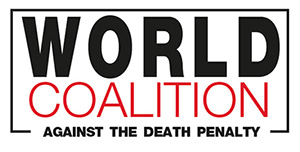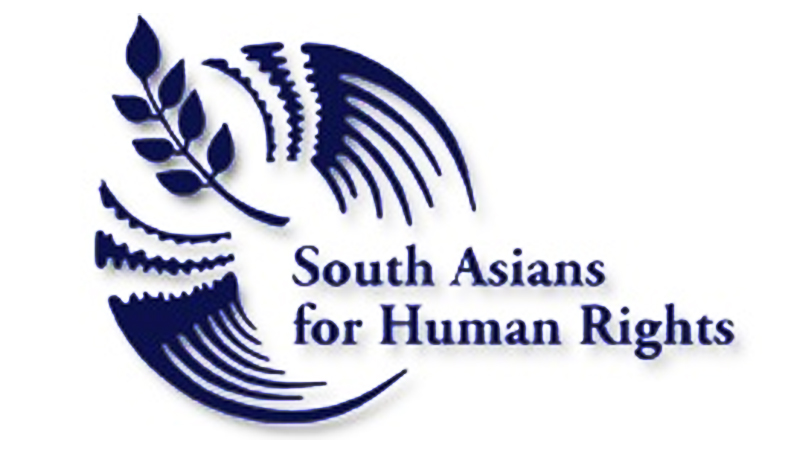Pakistan : Government defies EU and international law and executes presumed juvenile offender
Paris, Lahore, 4 August 2015 – In the early hours of 4 August 2015 the Pakistani authorities executed Shafqat Hussain, believed to be a juvenile offender, in defiance of international law, basic human rights, and appeals by civil society, EU and UN officials to stay his execution.
“The execution of Shafqat Hussain is the latest example of Pakistan’s complete disregard for rule of law and basic human rights,” stated Zohra Yusuf, Vice-President of FIDH and Chairperson of HRCP. “The resumption of executions, especially against juvenile offenders, is a stain on Pakistan’s reputation and must stop immediately.”
Shafqat Hussain is believed to have been 14 years old in 2004 when he was arrested on murder charges and condemned to death by an “Anti-Terrorism” Court. Orders for his imminent execution were issued and halted several times in the past few years, amid allegations that Hussain’s trial and sentence were illegal due to his juvenility and having been forced to confess under torture. On 5 January 2015, Minister of Interior Chaudhry Nisar halted Hussain’s execution that was scheduled for the following week, citing information provided by civil society and his lawyers regarding his age, and announced that an investigation would be conducted into the matter. During the two months that followed, no investigation was conducted, and Hussain was again scheduled to be executed on 19 March. National and international outcry resulted in another stay of his execution just hours before it was due to take place, and the Ministry of Interior finally appointed an investigation team from the Federal Investigation Authority (FIA) to look into the case. On 20 April the FIA announced that the investigation, based almost exclusively on trial records, had concluded that Hussain had not been a juvenile at the time of his alleged crime. Pakistani civil society has condemned the results of the investigation and the FIA as an institution for lack of transparency and independence.
Pakistan lifted its seven-year moratorium on the death penalty in December 2014, and has since executed almost 200 people, including juvenile offenders. This is despite the fact that Pakistan has signed and ratified both the International Covenant on Civil and Political Rights and the Convention on the Rights of the Child, which prohibit the death sentence for crimes committed by persons under eighteen years of age. Pakistan also benefits from preferential trade with the European Union (EU) under the GSP+ Scheme, which requires states to abide by their obligations under these conventions.
“The EU cannot stand by and tacitly condone these violations of human rights,” stated Karim Lahidji, FIDH President. “It must take concrete action to show that it will not accept the execution of juvenile offenders nor the denial of the right to a fair trial in Pakistan.”
On 20 July 2015, in its official conclusions regarding Pakistan, the Council of the EU recalled that respect for the right to a fair trial and the prohibition of the death penalty for juvenile offenders are requirements of the GSP+ Scheme that provides Pakistan with preferential trade conditions with the EU. Since Pakistan is clearly not respecting these requirements, our organisations therefore call on the EU to start the procedure described in article 15 of the EU GSP regulation, which could lead to the withdrawal of Pakistan’s benefits under the GSP+ Scheme.
Our organisations also urge the government of Pakistan to immediately halt all executions, particularly those of juvenile offenders, and to reinstate the moratorium on the death penalty as a first step towards abolition.
Category: Media Monitoring






